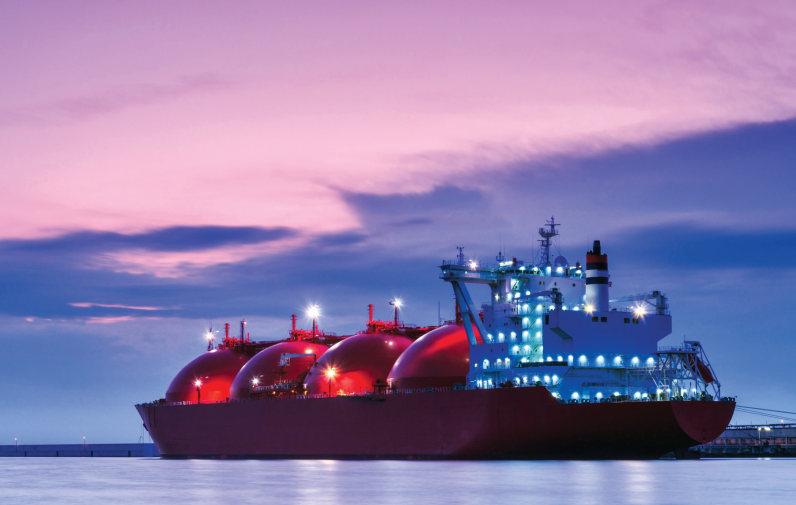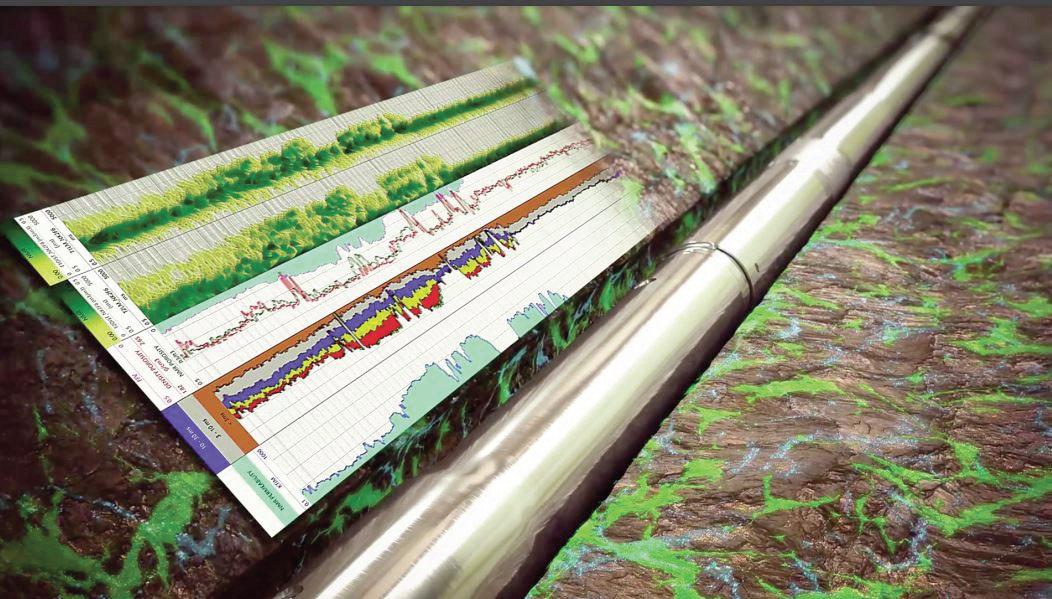
3 minute read
Security and communications
DON’T OVERLOOK INVISIBLE THREATS
A disruption event from a cyber attack at an oil and gas facility can occur at any point across the three major stages of oil and gas operations: upstream, midstream, or downstream. With increasing automation use, the oil and gas sector is finding that network encryption is critical to safeguard against cyber attacks. Deblina Roy reports.
AMONG RECENT SECURITY breach incidents in the oil and gas sector, one of the latest victims is Royal Dutch Shell which fell prey to a data breach related to a vulnerability in software from Accellion Inc.
In a statement on 16 March, Shell stated that the data security incident involved Accellion’s File Transfer Appliance that it uses to transfer large data files securely. The data accessed, during a “limited window of time” according to Shell, included some personal data along with data from Shell companies and some of their stakeholders. In fact, the ongoing investigation has shown that an unauthorised party gained access to various files during a limited window of time, however, “there is no evidence of any impact to Shell’s core IT systems as the file transfer service is isolated from the rest of Shell’s digital infrastructure.”
But it’s not just an isolated incident in the global energy sector. In 2018 December, Italian multinational oilfield services company Saipem reported a cyber attack that hit servers based in the Middle East, India, Aberdeen and Italy and had a global consequence, causing threats to data and infrastructure.
As automation continues to evolve, the utilities sector, particularly oil and gas, is finding that network encryption is a critical to safeguard against cyber attacks. According to the latest threat report by security firm Dragos, the oil and gas industry is a valuable target for adversaries seeking to exploit industrial control systems (ICS) environments. As the number of attacks against ICS overall is increasing, adversaries with specific interest in oil and gas companies remain active and are evolving their behaviours.
Dragos’ report tracks five activity groups targeting oil and gas. The report has revealed a new activity group targeting the industry, bringing the total number of tracked ICS-targeted activity groups to nine, five of which directly target oil and gas organisations.
Not only that, The “Accenture Upstream Oil and Gas Digital Trends Survey 2019,” the seventh edition of Accenture’s report on digital technologies in the upstream oil and gas industry, surveyed global 255 industry professionals, including C-suite executives, functional leaders and engineers, which finds that cyber security has emerged as the top focus of upstream oil and gas companies’ digital investments.
There’s even MIT Technology Review’s report that says up to 96% of local industrial control systems are vulnerable to cyber attacks.
Therefore, as the threats to businesses and infrastructure from network intrusion and data breaches are growing, it is crucial that critical industries have robust, sophisticated cyber security solutions in place.
To offer its customers further choice and cyber security capabilities, ABB is uniting with Forescout. The collaboration will integrate Forescout's cyber technology within ABB’s portfolio of industrial expertise and cybersecurity solutions to enhance operators’ abilities to detect known and unknown control system threats.
There’s even greater news for securing the oil and gas communications sector too. Siemens is providing robust industrial networks to ensure fast and secure data protection, boost remote maintenance or remote access and interconnect industrial facilities to accelerate digitalisation.
Image Credit: ABB
ABB and Forescout collaboration will integrate Forescout's cyber technology within ABB’s portfolio of industrial expertise and cyber security solutions.
Managing attacks isn’t just a matter of protecting reputation, share price and operations, but it is part of greater responsibility for national services and security,” said Rich Holsman, managing director at Accenture.










